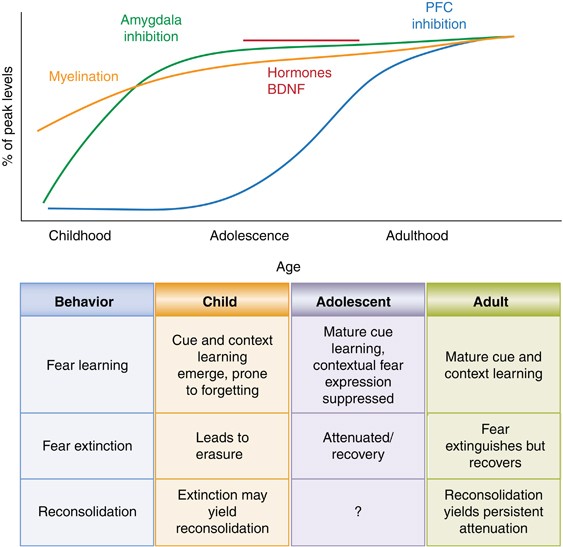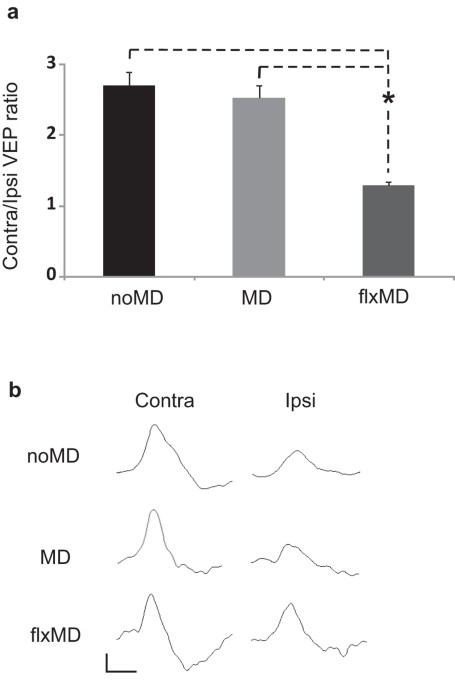YES! You might want to grab a coffee for this. It may turn into War and Peace

I medicated Willow for chronic anxiety. I felt that I should be able to do it all with training - I knew the theory of behaviour adjustment through counter conditioning and felt a failure when I wasn't able to use it to help her. Hers was absolutely awful. She was terrified by the noise of avalanche blasting and the snow plough going past our apartment, thunder, and by gunshot. It didn't matter how quiet these noises were - sometimes I couldn't hear them - they made her panic. She would shut down, find a "safe spot" and shake uncontrollably, her whole body rigid. If we were on a walk at the time, I would crouch down and she would hide under my body. And then, she would refuse to leave her safe spot in the house for days at a time. She was getting progressively worse and I really thought that her quality of life was getting less and less and there would only be one conclusion. I spent so much time building dens for her, and sitting on the floor with her trying to let her know that I wouldn't let anything hurt her. She has always trusted me so deeply when she hurts herself, bringing me her paw to remove a thorn, or presenting me with a limb to rub if she's pulled a muscle, but with this, I couldn't help her and it killed me.
That's why I got into studying, and eventually got my qualifications in canine behaviour, as well as doing many, many other courses.
In the end, though, I knew that I couldn't help her, and went to the vet for a referral to the top guy in the UK, even though I live in Andorra! Well, my vet gently suggested that we try some meds first and I was out of fight to resist anymore at that point.
She started on fluoxetine (Prozac). After about six weeks, I could see some slight changes in her. There was no change in her reaction to her triggers, but she became more confident in other ways. She started to range a little bit farther from me on walks, she would jump up and down terraces more readily, she would compete with Shadow for the chase of a ball. Just small things, but enough to notice. Over the next weeks and months, there were more of these subtle changes and they became cumulative. In the space between snow season and hunting season I hammered the counter conditioning. One course that really helped me was the FDSA course by Dr Amy Cook, "Sound Advice". It was my first FDSA course and I took it at the gold level, meaning I got to submit videos and get personal feedback.
Fenzi Dog Sports Academy - BH160: Sound Advice: Conquering Noise Sensitivity
Just like any training, this course was about teaching the responses we want well outside the environment in which the triggers happen. So we paired the response with a neutral noise to start off with, and then built towards more difficult scenarios over a very long time. Before she had been put on medication, she would panic at the sound of a party popper being fired at a distance where I couldn't even hear it. The fluoxetine put her in a position where she was able to respond to counter conditioning and the techniques we learnt in Sound Advice gave us a framework to apply for that CC. The wonderful thing about Flx is that it appears to return the brain to a similar state of plasticity that it has during learning phases when young, enabling these new lessons to be learned. There have been studies that show that, without the help of Flx, even if CC is achieved in the short-term, the original fears will usually spontaneously return. Here are a couple of good reads on the subject of fluoxetine and plasticity:
At specific maturational stages, neural circuits enter sensitive periods of heightened plasticity, during which the development of both brain and behavior are highly receptive to particular experiential information. A relatively advanced understanding of the regulatory mechanisms governing the...

www.nature.com
The scarce functional recovery of the adult CNS following injuries or diseases is largely due to its reduced potential for plasticity, the ability to reorganize neural connections as a function of experience. Recently, some new strategies restoring high levels of plasticity in the adult brain...

www.nature.com
I shared one of these with three of the PhDs at FDSA and they discussed it a little in a webinar.
The Science Cafe: Socialization and Sensitive Periods in Dogs To be honest I can't remember how relevant this discussion was now - it was a long time ago! - but there may be some interesting bits in it.
Anyway, getting back to Willow.
With the Flx and the CC procedures, we got to the point where she would still react to her triggers but I was able to bring her back down much more quickly. It went from her refusing to leave her safe spot for days or more than a week, to half a day, then a couple of hours. Eventually it was less than an hour. I was pretty happy with that!
But then someone mentioned the success they'd had with their dog layering gabapentin over the fluoxetine. So, we gave that a go. As it so happened, this was right at the start of a 21-day period of constant heavy snow, which means avalanche blasting and snow ploughs passing throughout the day, every day. We started off giving her a dose of gabapentin every eight hours. It starts working after about 20 minutes, and so it's a really fast-acting drug compared to the fluoxetine which takes many weeks to start taking any effect.
Well, the difference was absolutely incredible. By the end of this 21-day period, we got to the point whereI could be OUTSIDE withWillow, playing in the snow with her with blasting happening. I was working so hard on these protocols that I couldn't see the wood for the trees until one day someone walked past us and remarked, "now, that's a happy dog!" and I looked and HE WAS RIGHT! Willow wasn't just going through the motions, she was actually having fun, even with the occasional blasts happening. It was truly remarkable.
Once the threat of snow had passed, we tapered the gabapentin and then stopped it, and the changes remained. People who had known her for a long time commented on the changes in her, not just in times of stress (no-one else really saw those but me and J because she'd just hide herself away), but on regular mountain hikes with friends, too. Even in relaxed environments people said how much happier she seemed. It's as if the drugs had helped to rewire her brain. She wasn't "the old Willow", she was Willow 2.0!
In time, we tapered her off the fluoxetine, feeling she didn't need it anymore. We had been prepared for her to be on it for life, but with the changes she'd gone through, we thought it was worth trying her off it. And, you know what? She's not been back on it since.
Her reactions to these previous triggers are along the lines of a normal startle reaction now. She doesn't like storms, and she'll find somewhere "safe" to go. But she's not rigid and shaking, she'll just go to sleep. If it's particularly bad, I'll give her a gabapentin tablet as a prophylactic. Even that is telling, though: she'll have it with a spoonful of yoghurt whereas before there was no way in hell she'd have taken any food after a trigger. And, once the storm or other trigger has passed, she'll happily go outside on a walk within minutes.
Side-effects: there were none for Willow.
I am now SUCH an advocate for using behaviour meds as soon as possible. If it can save you and your dog the agonies that Willow went through, and us along with her, then it's worth it. I know we were very lucky, finding the correct combination of meds for her first time. I know it can take a few attempts for other people, and there are dogs who do have side effects such as nausea, anorexia, lethargy etc with some of the meds. But you have to try, because we had NONE of that. Willow wasn't drugged into not caring about her triggers. She was simply put in a headspace where we could make the smallest of starts. And now? Now I can fire a dummy launcher with her at my side and she doesn't flinch. I can't understate the amount of work that I put in, too. I don't say that to brag, but to set expectations. It is hard work and often devastating. My advice is to keep a log (do it here on the forum if that works for you) so that, when you're having hard days, you can look back and see the progress you've made. It sounds overly simplistic, but it does make a big difference.
Best of luck to you and your lovely boy. If you got this far, well done! Willow says that if she can do it, then anyone can!!!









